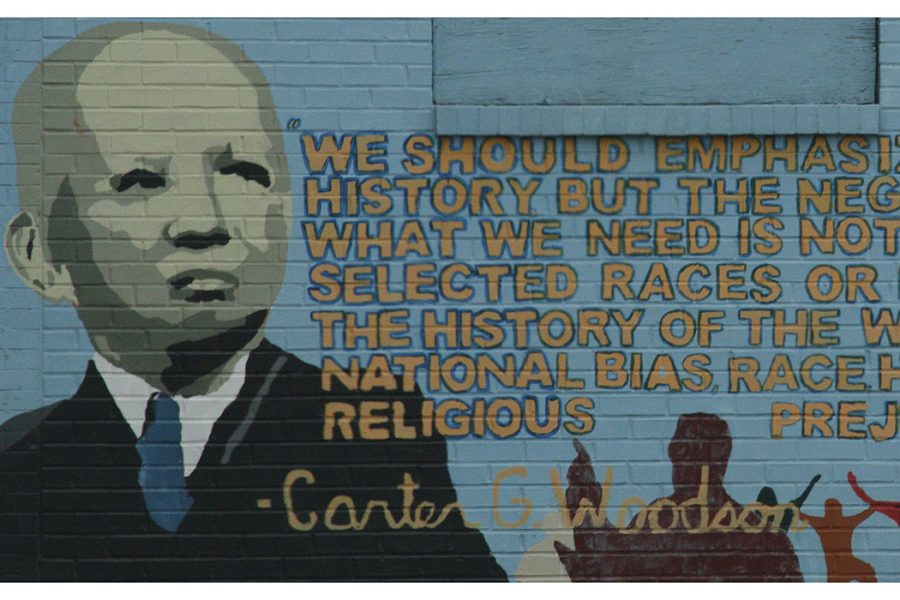Black History Month
February 1, 2022
The month of celebrating equality!
Black History Month was first proposed by educators at Kent State University in February 1969 – specifically, historian Carter G. Woodson and the “Association of African American Life and History”. He urged Americans to “seize the opportunity to honor the too-often neglected accomplishments of Black Americans in every area of endeavor throughout our history” (USA Today).
The ASALH chose the second week in February as a time to celebrate the contributions of African Americans. The week was picked to coincide with the birthdays of Abraham Lincoln and Frederick Douglass, two men who played a prominent role in eliminating slavery. The original start of Black History Month was January 2, 1970- February 28, 1970 (Kent University).
“It is important for African Americans to understand and be proud of their heritage” says Woodson, an African American historian and journalist who is also the founder of the Association for the Study of African American Life and History. To get past racial harm, the country must relapse on the past, to remember how time has changed. Failing to understand the history of race and racism would fuel resentment towards civil rights activism.
As of 2021, this is more prominent from the multiple instances of police brutality in the Black community. Especially after George Floyd’s passing on May 25, 2020, people are making it known, we must treat each other equally or chaos will erupt amongst the streets.
People demonstrate support by donating to organizations like BLM(Black Lives Matter), and walking the streets with poster boards – loud and proud. The media uses interviews and studies to find out more about families, ancestors, and how America continues to move forward from the past, it must be remembered to never go back.







